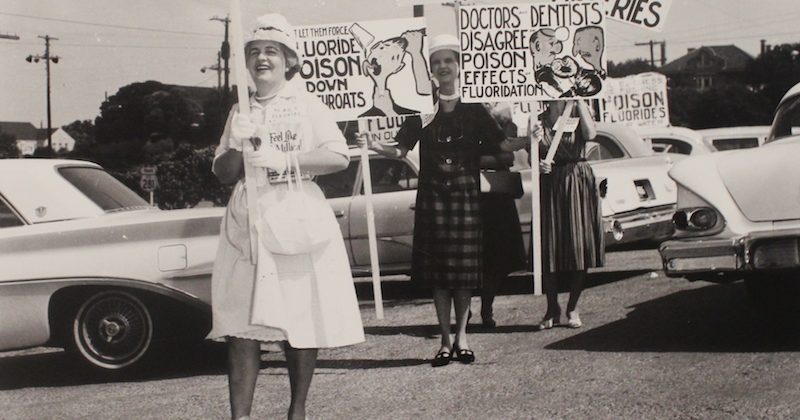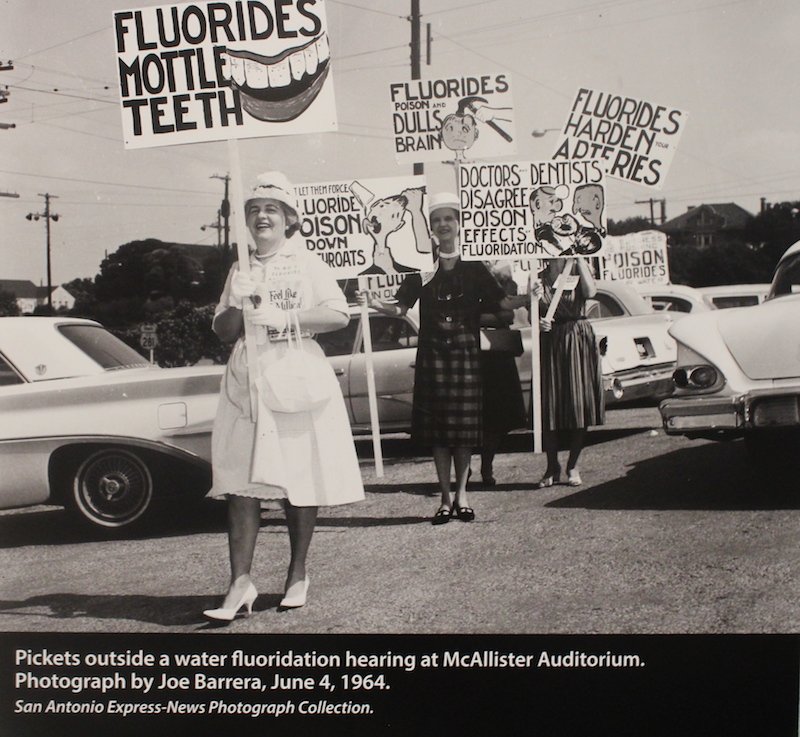

Historian Nicole Hemmer writes, “the deliberate spread of demonstrably untrue claims for politics or profit has been a feature of life in the US throughout the nation’s history. From patent medicine to fluoride conspiracies to false claims about the health effects of tobacco, misinformation has long crowded public debate.”
Here is a taste of her recent piece at CNN:
Medical misinformation has caused death and incalculable human misery over the past century and a half. Today, it is thwarting efforts to end the catastrophic phase of the Covid-19 pandemic, as overflowing intensive-care units have some hospital systems on the brink of collapse, nine months after the first Covid vaccine was administered and half a year since it has become widely available across the country.
The history of medical misinformation offers critical lessons from the past about regulation, media and the political and financial interests that drive such mendacity. They point to the effectiveness of regulating medical misinformation and the need for trustworthy institutions. But they also show the need to move past calls to “believe science” and on to a culture of humility and transparency when it comes to scientific knowledge about medicine and public health.
Read the entire piece here. Hemmer covers medicine shows with native American actors, lobbyists who fought against regulations requiring manufacturers to disclose ingredients of their elixirs, and the John Birch Society’s anti-fluoridation campaign.
I think we will end this post with Brigadier General Jack D. Ripper, one of the stars of Stanley Kubrick’s Dr. Strangelove: